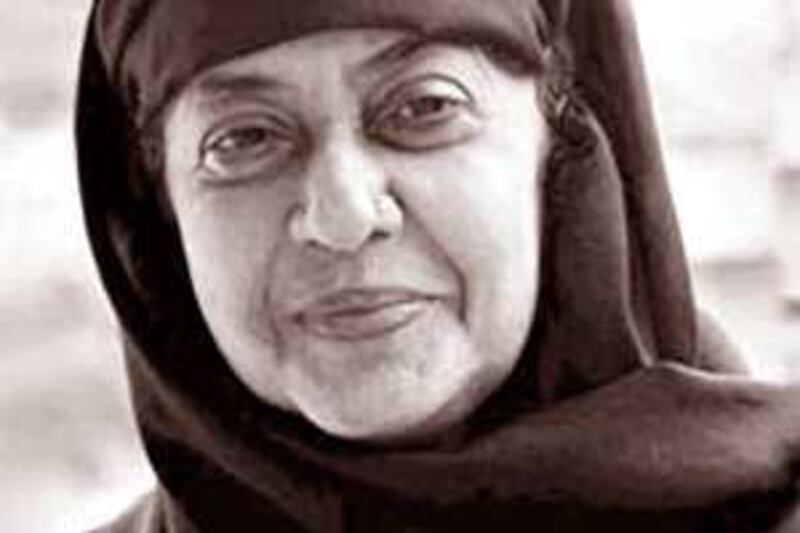Kamala Das, who has died aged 75, was something of a novelty on the Indian literary scene when she emerged in the early 1950s as an outspoken, often controversial, female voice. A poet, memoirist, columnist and would-be politician, she presented a direct, unflinching take on the social ills of Indian society, often addressing taboos in her work, her subjectivism marking a shift away from the more formal, and formulaic, writings of her peers. Her writings travelled well, translated into Russian, German and Japanese, among others.
Das was born in Kerala in 1936. Her father was the former managing editor of the Malayalam daily Mathrubhumi, her mother, the poet Nalappatt Balamani Amma, and a great uncle was Nalappatt Narayana Menon, the prominent writer. Her childhood was spent between Calcutta and the ancestral home in Punnayurkulam, Kerala. Her education limited, Das was married at 15 to a man 15 years her senior. The union produced three sons and a husband who encouraged his wife to write. At the kitchen table, Das would sit through the night composing poetry as her family slept.
Her first poems appeared in The Sirens in 1964. The following year, another collection, Summer in Calcutta, told of love betrayed. Several volumes of short stories and poems, novels and three memoirs followed. The first of the latter, My Story, written when Das was 42, and faced with thoughts of impending death -her health was never good - was an attempt to unburden herself of all her secrets. It was a frank account that offended the sensibilities of some critics, while delighting others for its disregard of social niceties.
Das was also noted for her many short stories in Malayalam, written under the pen name Madhavikutty, her characters and contexts drawn from the seamy underbelly of Keralan life. Increasingly convinced that social change could only be effected through political power, she launched a political party, Lok Seva, and stood for parliament in 1984. Neither initiative garnered significant success. She continued to express her opinions through a syndicated newspaper column, which was all-encompassing in its subject matter.
At the age of 65, Das converted to Islam, adopting the name Kamala Suraiyya. A decade later, she was buried in a grove at the mosque where she had taken her vows. Kamala Das was born on March 31, 1934, and died on May 31. Her husband predeceased her; she is survived by three sons. * The National






